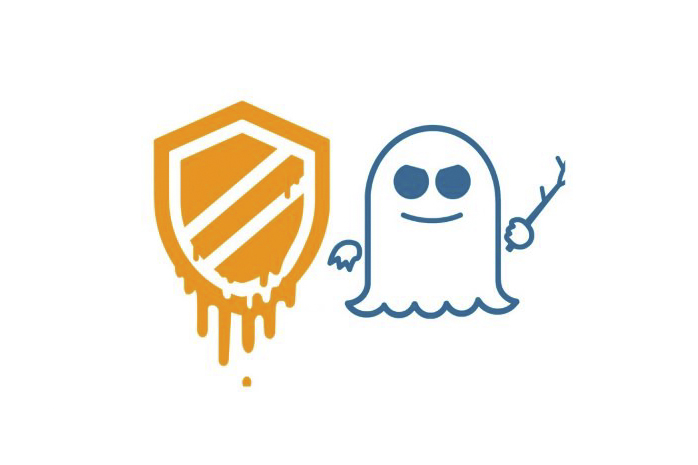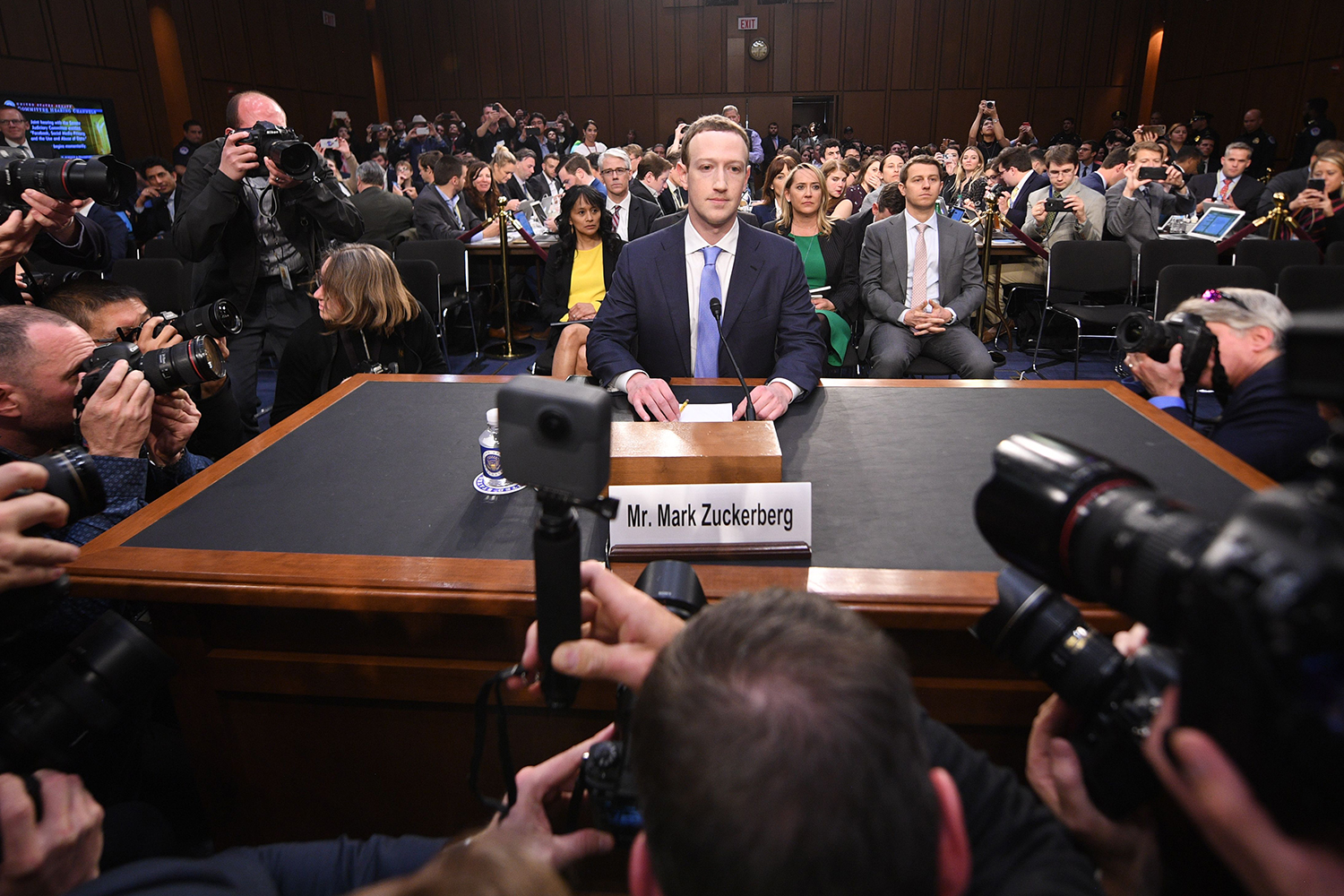Following tech news can feel like living on the DMZ between a utopia and the apocalypse. We’re always one public scandal, earnings call, or product announcement away from tipping the scales in either direction. This year, both sides showed up in full force.
Yes, these are the tech stories in 2018 that frightened and challenged us — but also those that delighted, surprised, and inspired us the most.
10. Apple becomes the first $1 trillion company

A trillion dollars is quite the achievement, especially for a company that makes products its buyers generally love. Apple reached the monumental record in August, but the story in 2018 didn’t end with a trillion bucks.
In the same year Apple became the richest company to ever exist, it also forecasted poor iPhone sales for the first time in years and fell victim to a number of disconcerting controversies. It even quickly lost its top spot to Microsoft shortly after its record-breaking announcement. That’s just the kind of year it’s been for Apple.
9. A 7-year-old becomes the highest-earning YouTuber
It’s been a rocky year for YouTube super-celebrities like PewDiePie and Logan Paul. All the while, the relationship between YouTube and some of its big stars as a whole has been strained further due to changing policies.
Amid the controversy, news broke that a 7-year-old named Ryan had become a millionaire — the current highest-earning YouTuber. The kid runs a delightful YouTube channel called “Ryan ToysReview,” where he’s racked up over 17 million subscribers. Now that’s something we can all get behind.
8. The rise and fall of MoviePass

As much as we all love going to the movies, nothing spelled out the uncertain future for theater chains quite like the rise and fall of MoviePass. The subscription model, once called “the Netflix of movie theaters,” was supposed to give brick-and-mortar cinema a fresh breath of air. Millennials eagerly signed up, pushing the company past 1 million subscribers heading into the beginning of 2018. All seemed well.
From there, controversy after controversy sent MoviePass spiraling into chaos, eventually culminating in a fraud investigation regarding misled investors. On top of that, the roller-coaster ride of changing policies and pricing has been an ongoing cause for disillusionment and frustration. The entire concept may have been too good to be true all along.
7. The year of the Bitcoin roller coaster

Bitcoin had a similar rise-and-fall story in 2018. Heading into 2018, the cryptocurrency was at the height of its boom, pushing the price of Bitcoin up well over $10,000. The world wasn’t sure what to do or how to react.
But no matter how many crypto enthusiasts and startups repeated the promise, Bitcoin’s value never made it back over $10,000. Today, it hovers just below $4,000, fairly close to where it was in the fall of 2017. The downward trend hasn’t stopped though, and the future of crypto feels as uncertain as ever. If there’s one thing we’ve been left behind with, it’s blockchain, the revolutionary public ledger system Bitcoin is based on.
6. Elon Musk sent a car into space
The eccentric billionaire didn’t have the greatest year in terms of publicity. Scandal after scandal has mired the once world-saving persona of Elon Musk. But before he abused Twitter to the point of being removed as chairman of Tesla by the Securities and Exchange Commission, he did something that captivated the world.
So, yes. Musk really did send a Tesla Roadster into space, aboard the huge Falcon Heavy rocket. It’s still out there, floating through space beyond the orbit of our planet. It was a sublime moment in the chaos of news, politics, and technology — a moment to stop and celebrate the fact that humanity did something cool just because we could.
5. Net neutrality was officially repealed

Net neutrality regulations haven’t been around for all that long, first introduced by the Federal Communications Commission in 2015. But just as quick as they appeared, so they were also quickly removed. The ruling was made in late December 2017 under the new FCC Chairman Ajit Pai and officially went into effect in June 2018.
While we haven’t seen any major violations of net neutrality so far (at least none out of the ordinary), multiple states have already introduced their own protections to keep net neutrality enforced. But as it’s been with General Data Protection Regulation, drawing corresponding geographical lines on the internet is complicated, which could mean this fight isn’t quite over. Even with federal regulations pulled back, the future of the carrier-controlled web and content discrimination in 2018 still feels open-ended — and that’s a good thing.
4. Fortnite became a cultural phenomenon

What can be said about Fortnite that hasn’t already been said? The free-to-play, battle royale hit may have launched in late 2017, but it was throughout out 2018 that it became a cultural phenomenon, far surpassing the game world. Now that it’s available on every platform imaginable (including iOS, Android, and Nintendo Switch), it feels unstoppable, bringing in a reported $3 billion in cash this year.
With homegrown celebrities like Ninja gracing the cover of ESPN and outside entities like Drake popping in to play, it’s safe to say a game has never succeeded in the way Fortnite has.
3. The Spectre/Meltdown processor vulnerabilities affect nearly every computer in use

Intel’s 2018 has been tumultuous, but it all started with the discovery of a security vulnerability found in just about every processor currently in use. The problem was Intel’s alone to bare. AMD and Arm were equally affected, meaning it was a vulnerability that was nearly inescapable.
The problem extends beyond just the mere existence of the vulnerability. Because of the way these companies responded, the larger question of how the tech industry is held accountable for potentially earth-shattering security issues was brought to the forefront of public thought. Given the amount of data breaches and leaks we get each year, we need all the accountability we can get.
2. NASA’s InSight Lander makes it to Mars
Nothing brings us together quite like space travel. It’s what President John F. Kennedy knew in 1969, and it feels even more true today.
The robotic lander began its journey in May 2018 and clamped its metallic feet down on the rocky surface of Mars in November. Watching the NASA InSight Lander complete its mission to Mars provided the escapism we all needed. Something about blasting beyond Earth’s orbit allows us to forfeit our own divisions and anxieties among each other. Even for just a short moment, the world stopped its spinning and let us all take a deep breath of inspiration. Thanks, space!
1. Cambridge Analytica forced us to rethink social media, privacy, data, elections, and the future of the internet

Large-scale data scandals are nothing new, especially for Facebook. But the Cambridge Analytica case, in particular, started an important, far-reaching conversation about the future of the internet that none could have seen coming.
To put it simply, an organization called Cambridge Analytica, which has too many international political ties to even attempt to name, created a fake personality quiz on Facebook. Using the information gathered, the organization hijacked the platform to harvest data points for up to 87 million profiles. Using this data, the organization then instructed political campaigns all around the world, most notably with the 2017 U.S. presidential election and the U.K. Brexit campaigns. All of a sudden, social media wasn’t just cat pictures.
More importantly, the scandal opened a new dialogue around social media that expanded to issues of freedom of speech, censorship, news, journalism, and even the nature of democracy in the age of the internet.
The immediate effects have been clear: More attention to third-party applications, login credentials, and data access. The larger issues of social media, privacy, and what we want the future of the internet to be, have only begun to be discussed. Five years from now, the internet might look pretty different — and the Cambridge Analytica data scandal just may have been one of the more significant turning points in that change.


